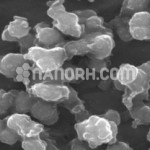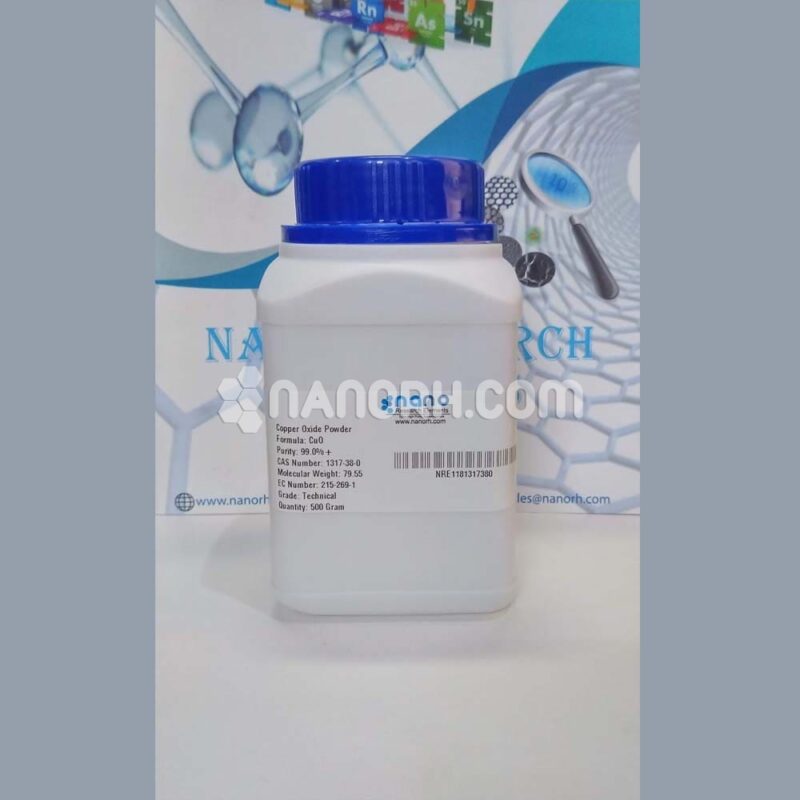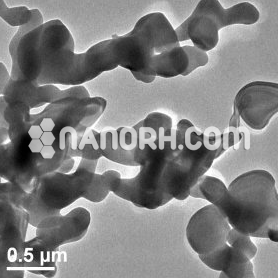| Lanthanum Chloride Powder | |
| Product No | NRE-11139 |
| CAS No. | 10099-58-8 |
| Formula | LaCl₃ |
| Molecular Weight | 245.26 g/mol |
| APS | <40 um (can be customized) |
| Purity | 99.9% |
| Density | 3.84 g/cm³ |
| Color | White |
| Melting Point | 858 °C |
| Boiling Point | 1000 °C |
Lanthanum Chloride Powder
Lanthanum chloride, a chemical compound with the formula LaCl3, is a salt of the rare earth metal lanthanum. It is known for its unique properties and finds applications in various fields. Here are some common applications of lanthanum chloride powder:
Catalysts: Lanthanum chloride is used as a catalyst in various chemical reactions, especially in organic synthesis and petroleum refining processes.
Phosphors: It is used in the production of phosphors for various applications, including in the manufacture of energy-efficient lighting, such as fluorescent lamps, LED lighting, and plasma displays.
Ceramics: Lanthanum chloride is used in the production of ceramic materials for electronic and electrical devices, owing to its ability to enhance the sintering properties and improve the mechanical and electrical properties of ceramics.
Glass and optics: It is used in the production of specialty glasses and optical lenses due to its optical properties, which can improve the transparency and refractive index of glass materials.
Water treatment: Lanthanum chloride is used in water treatment processes, especially in the removal of phosphates from water sources. It acts as a coagulant to remove impurities from water, making it suitable for various industrial and domestic applications.
Pharmaceuticals: Lanthanum chloride has been explored for potential pharmaceutical applications, particularly in the development of treatments for certain medical conditions. For instance, it has been studied for its potential use in the treatment of renal failure and bone disorders.
Research and development: Lanthanum chloride is used in various research and development applications, especially in the fields of chemistry, materials science, and nanotechnology, due to its unique chemical and physical properties.



